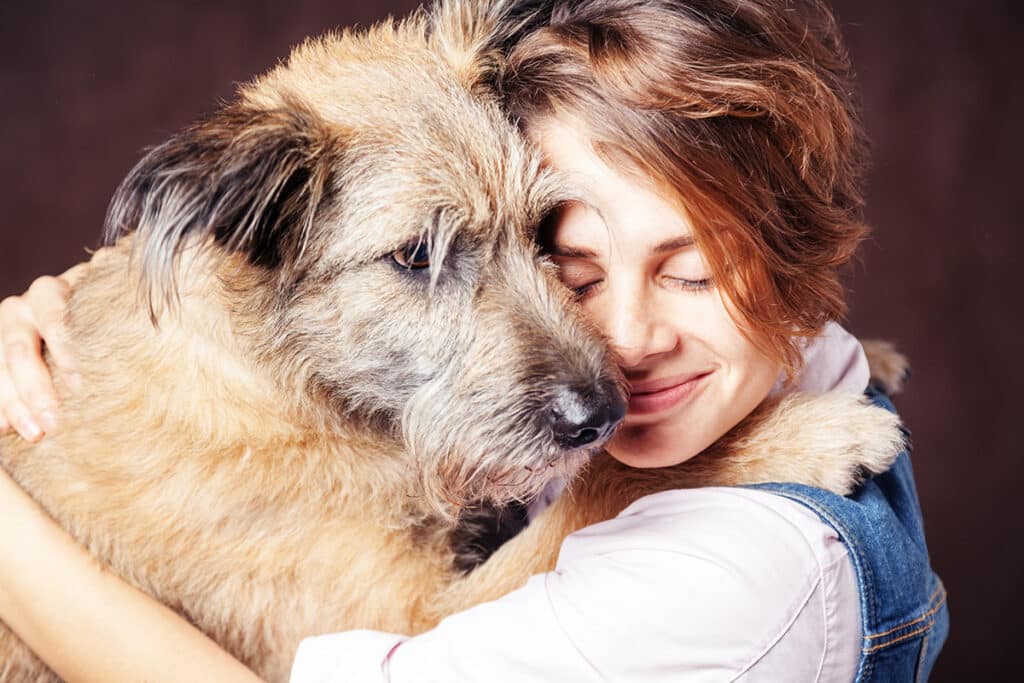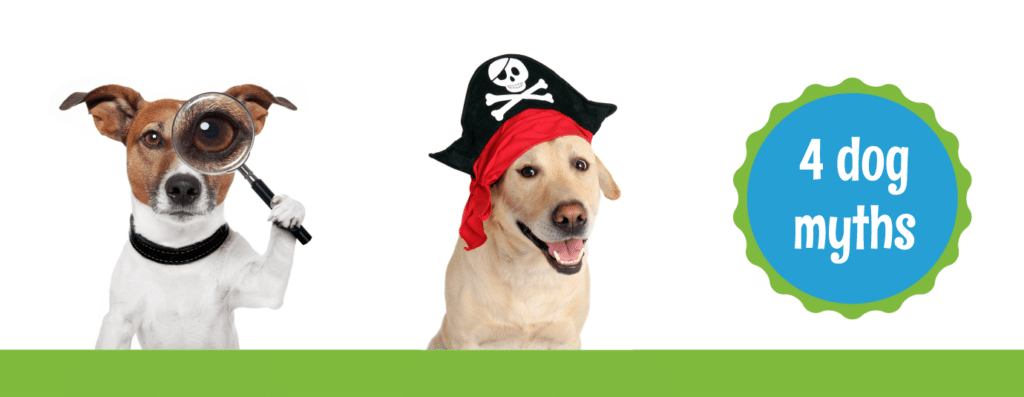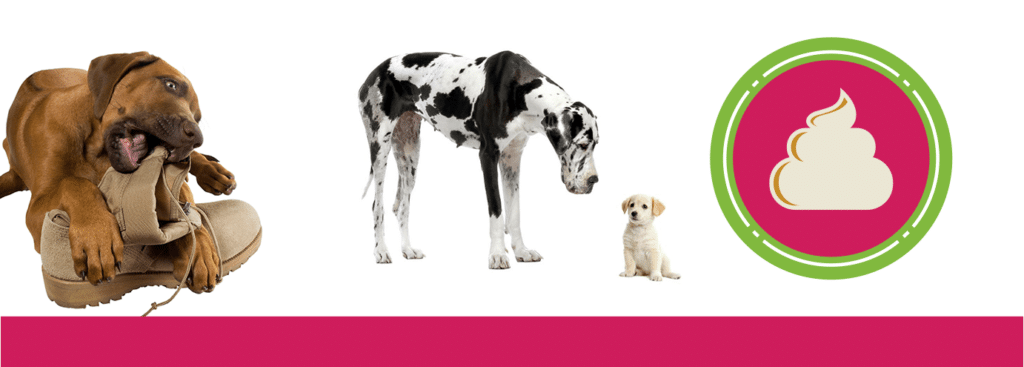The “Adopt, Don’t Shop” movement has gained significant momentum as more people recognize the importance of ethical pet ownership. Inspired by the broader trend of ethical consumerism, this movement encourages adopting pets from shelters or rescues rather than purchasing from breeders or pet stores. It reflects a shift toward socially responsible choices, aimed at reducing animal homelessness, curbing irresponsible breeding practices, and advocating for the well-being of all pets.
Why “Adopt, Don’t Shop” Matters
Reducing Pet Overpopulation
Each year, millions of animals enter shelters, and unfortunately, many are euthanized due to overcrowding. Adopting from a shelter or rescue helps reduce this population, making space for more animals and giving each pet a chance at a loving home.
Combatting Irresponsible Breeding
The movement also brings awareness to the negative impact of puppy mills and irresponsible breeding practices, where animals are often bred in poor conditions to meet demand. By choosing adoption, owners avoid supporting these practices and instead help shelters that prioritize animals’ health and well-being.
Supporting Animal Welfare Organizations
Adoption fees go directly to shelters and rescues, helping fund their efforts to care for animals, provide medical treatment, and find forever homes. Adopting from these organizations gives them the resources to continue their vital work.
Promoting a Compassionate, Inclusive Society
Adopting reflects a commitment to compassion and empathy, recognizing the value of all animals, regardless of age, breed, or background. This shift in mindset fosters a more inclusive and humane approach to pet ownership.
Benefits of Adopting from Shelters and Rescues
Wide Variety of Pets Available
Shelters offer pets of all breeds, ages, sizes, and temperaments. Many people may not realize that shelters have purebred pets as well as mixed breeds, meaning adopters can still find specific traits they may be looking for. Mixed breeds, often found in shelters, also tend to have fewer genetic health issues than purebred animals.
Health and Vaccination Support
Shelters often provide initial medical care, including vaccinations, spaying or neutering, and health check-ups. This makes adoption an affordable and responsible option, as the pet is already up-to-date on essential medical needs.
Personalized Matching and Support
Many shelters and rescues assess animals’ personalities and behavior to help match them with the right family, ensuring a good fit and smoother transition into a new home. Shelter staff and volunteers often provide valuable insights into each pet’s personality, making the adoption process easier and more informed.
The Joy of Giving a Second Chance
Adopting a pet from a shelter offers the joy of giving an animal a second chance at a happy life. Many adopters find that this act of kindness strengthens their bond with their pet, knowing they’ve given them a loving home and new opportunities.
Key Aspects of the “Adopt, Don’t Shop” Movement
Raising Awareness Through Social Media and Influencers
Many pet adoption campaigns and influencers on platforms like Instagram and TikTok share stories of adopted pets, helping spread the message. These platforms often feature “Happy Tail” stories, before-and-after photos, and personal adoption journeys, inspiring more people to adopt.
Education on the Importance of Spaying and Neutering
The movement promotes spaying and neutering to prevent further overpopulation, with many shelters offering low-cost or free services. By emphasizing responsible pet care, “Adopt, Don’t Shop” addresses the root cause of overpopulation and reduces the number of pets ending up in shelters.
Pet-Friendly Legislation and Advocacy
Animal rights organizations and advocates are working to introduce legislation that restricts or bans the sale of pets from commercial breeders in pet stores. By directing people to shelters and rescues, these policies aim to combat irresponsible breeding practices and encourage adoption.
Supporting Fostering Programs
Fostering programs allow people to care for shelter animals temporarily, providing a comfortable, loving environment outside of the shelter. Fostering is an essential part of the movement, helping socialize animals and prepare them for adoption while creating more shelter space.
How to Support the “Adopt, Don’t Shop” Movement
Choose Adoption First: When considering a new pet, start by visiting local shelters and rescues. Many have online profiles, making it easy to browse available pets and find the right match.
Support Shelters Through Donations or Volunteering: Even if adopting isn’t an option, donations or volunteer time can help shelters continue their work.
Spread Awareness: Sharing stories, advocating for adoption, and educating others on the benefits of adopting can inspire more people to adopt.
Foster a Pet: Fostering is an excellent way to support the movement and provide temporary homes for pets, helping them prepare for their forever family.
The Growing Impact of “Adopt, Don’t Shop”
As more people choose adoption over purchasing, the movement continues to create lasting change in the pet industry. It reflects a shift toward ethical, compassionate pet ownership, reshaping attitudes about where and how we find our companions. By prioritizing adoption, we can reduce shelter overcrowding, combat irresponsible breeding, and ensure that every pet has a chance to experience a happy, fulfilling life in a loving home.



